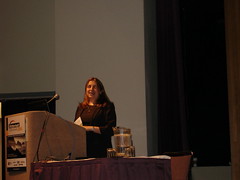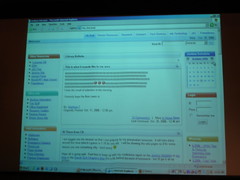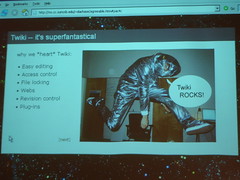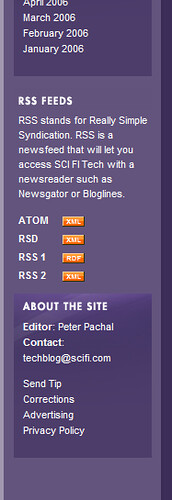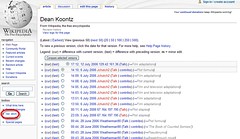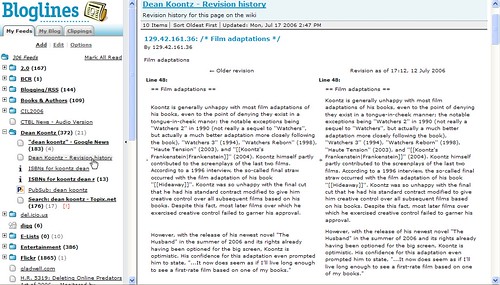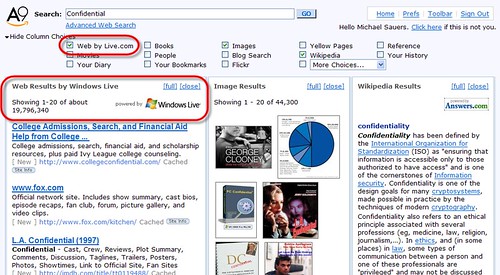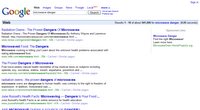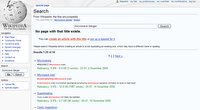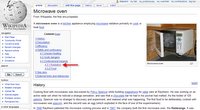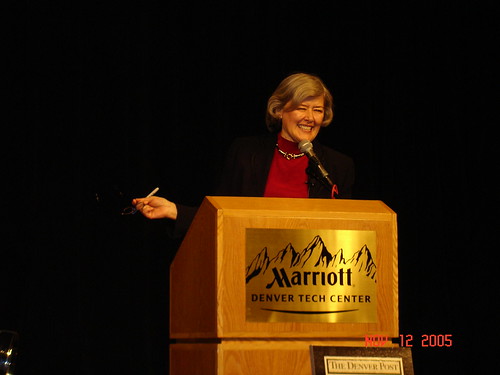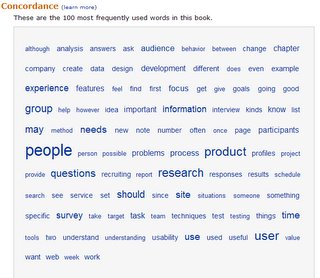RE: Against the Machine by Lee Siegel
Back in June 2007 I wrote a response/review of Andrew Keen's The Cult of the Amateur, a book that wasn't exactly pro-Internet/Web 2.0. However, I'm a firm believer that it helps to make your case if you're familiar with the counter arguments. Though it cam out a few months ago, I finally found the time to get through a similar title, Against the Machine by Lee Siegel.
I can say that this book isn't nearly as outrageous and reactionary as Keen's book was. Most of the arguments Siegel presents are rational and make sense even if you don't agree with him. For most of the book I wasn't finding anything that upset me enough to actually write this post. Then I got to page 143:
A twenty-four-year-old names Ryan Jordan was caught masquerading on Wikipedia as a tenured professor of religion. He used the pseudonym Essjay and aroused suspicion when readers began to wonder why a professor of religion was meticulously revision the encyclopedia's article on pop star Justin Timberlake. By then, Jordan has created or edited hundreds of articles. He has even been made an "administrator" and was part of Wikipedia's trusted inner circle of editors.
Wikipedia calls these instances of untruth "vandalism," as if the encyclopedia were experiencing an onslaught of invaders from beyond its boundaries. But the "vandals" are part of the Wikipedia enterprise, just as Jordan was. They've been invited to participate in its creation just like every other "Wikipedian."
Here's my problem with this, and with every other accounting of the events he's talking about: no one has indicated that anything Essjay contributed was actually wrong. I'm not necessarily defending Essjay's misrepresentations of his qualifications but that's not the point. If what he wrote was correct, what's the problem?
As for what Essjay did write, wrong or not, that's not the definition of wiki vandalism. To be considered vandalism, there needs to be intent. If Essjay was intentionally contributing bad/wrong information, the fine. But what he did wasn't vandalism, this is vandalism.
My other major point of disagreement comes when Me. Siegel talkax about the "open secrets" of the new Web. On page 158 lists "Open Secret Number One":
Bloggers' ability to revise or erase their writing without leaving any trace of the original post is the very antithesis of their claims of freedom and access and choice. The freedom and access and choice are theirs, not their readers'.
This is hardly an open secret because it just plain isn't true. Someone has forgotten about the Google and this thing called the cache. Oh, and there's the Wayback Machine too. Every time someone changes their blog significantly, say deleting a post they later regret, someone always seems to find the original and makes a bigger stink over the fact that the change/deletion was made than of the original content itself. (Anyone recall the story of all of Violet Blue's content being deleted from Boing Boing?)
So anyway, that's my two cents on this title.
Labels: blogging, boingboing, bookreview, books, web2.0, wikipedia
